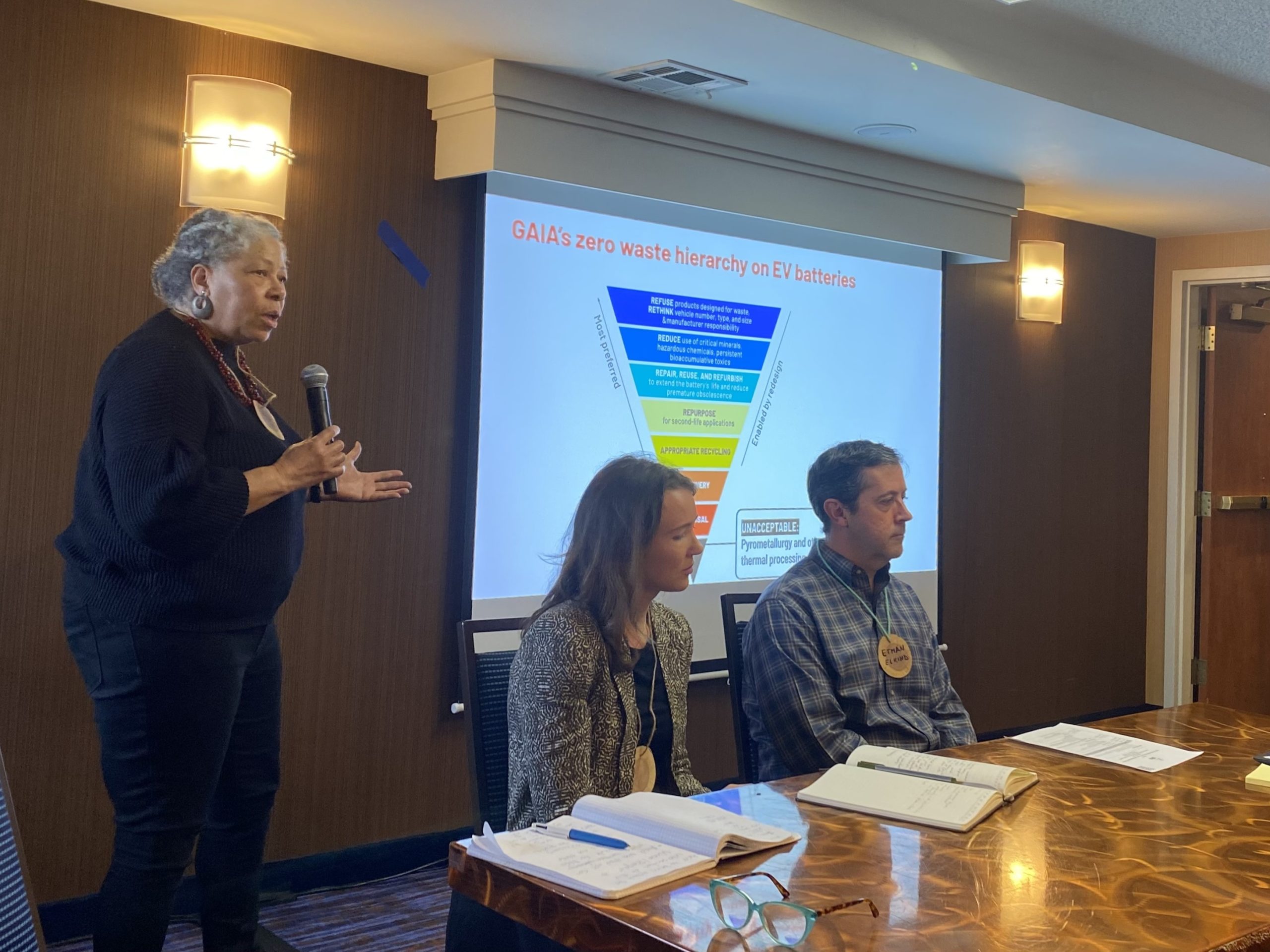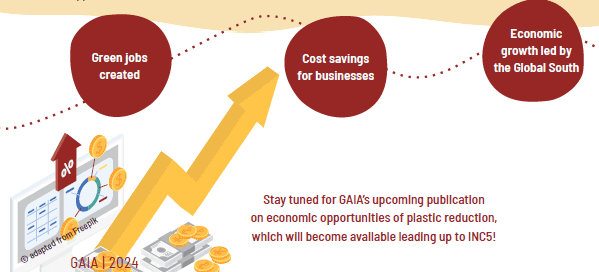
Community Sanitation and Recycling Organization (CSARO) Cambodia
Bringing waste pickers and the community together
Interview with Heng Yonkora by Sonia G. Astudillo

When we think of Cambodia, we think of temples, old civilizations, and Tomb Raider. Unknown to many, right in the heart of Phnom Penh is an organization committed to bringing our almost magical picture of the country to life. Meet our member, Community Sanitation and Recycling Organization (CSARO).
GAIA Asia Pacific sat down with Heng Yonkora, CSARO Founder and Director, to talk about their beginnings, their successes, and their struggles.
February 1997 –
CSARO was established in February 1997 by a group of development workers committed to improving the environment and living conditions of urban poor in Cambodia. They give a special focus on improving the living and working conditions of adult and child waste pickers in the city. They envision an urban community where residents and waste pickers work together to transform slum areas while waste pickers work together to improve their social and economic conditions.
Kora was one of those development workers. Having worked for the International Labor Organization and World Health Organizations providing health training in the villages, he saw many slum areas, bad sanitation, and lots of waste picking without recycling and proper sanitation. Along with friends from the US and India who supported his vision to work directly on the grounds, they did a baseline study on waste pickers in Phnom Penh. “What we found is they are living in bad conditions, there are a lot of waste around the community, and they don’t know recycling. We knew we needed to give them information on how to protect themselves.” And so, CSARO was born.
From an initial 3 year (1998 to 2001) funding from the Norwegian government and US$20,000 per year from the Asian Development Bank, CSARO established a waste pickers development program. The program trained 50 people on waste collection and segregation, composting, and managing their income. A self-help group was set-up that provided a space for the waste pickers to meet, get to know each other, and talk.
How was the first few years of CSARO?
Other than the waste pickers program, we also had a waste management program where we organized waste collection in the slum areas and taught composting. We had an outreach program focused on children collecting waste from private clinics – we brought them snacks, taught them proper waste collection, and we organized the children’s club that allowed them to help each other.
What are CSARO’s top priorities and ongoing projects? 
Our focus is how to reduce urban waste and improve the livelihood of waste pickers. From 2017, we received a 3-year funding from the Plastic Solutions Fund so we work with different city governments to conduct plastic forums in different cities participated in by the community. We are also involved in the Clean City Campaign organized by the government where 400 people join clean-ups on National Environment Day.

An ongoing project is the compost plant in our land where we compost 4 tonnes of organic waste daily, collected by the government from a small market in the city. There are five waste workers there earning US$5 a day. The plant started in 2010 but until now it is a struggle to find a market for the compost that we produce.

Awareness campaign against plastics pollution.
What are CSARO’s biggest accomplishments and achievements?
The country has a policy on waste management signed by the Prime Minister in 2017 and a sub decree on plastics pollution in 2018. CSARO provides support to the Department of Environment of three cities in organizing plastics forum. We work with the local government, communities, and other NGOs on how to improve sanitation and how people in the community can live in good health. Currently we work on plastics and provide trainings to government and community. After giving them the training, they – the government and the community – can run on their own.

Educating crabs fishermen about plastics pollution in sea and finding solutions to replace the plastics bag at Koh Po Island in Kep province.
What challenges are you facing? How is your work impacted by the crisis?
With the COVID crisis, it is difficult to organize people. Instead of organizing meetings and gatherings, we designed posters and billboards (mostly on plastics issue) for the government. These are posted in tourist areas and in the city.
Funding for projects is a major challenge too. We are not allowed to do in-person meetings so looking for new funding is more difficult than ever. There are no funding agency focused on waste management in Cambodia.
Sustaining projects success is also a challenge. Once the project is terminated, the local governments (Sangkats) and the community often do not have their own money to run on their own.
What are the main environmental issues that Cambodia is facing?
Management of waste from Phnom Penh. Right now the dumpsite is full. We cannot and we do not want to build more dumpsites, we want people to move towards Zero Waste but households are not encouraged to get involved, the government just collects the waste and dump, and corporations who produce plastics waste are not willing to redesign their packaging or provide alternative delivery systems that are not polluting to the environment.
How do you see your organization’s work evolving in the next years?
Everything is uncertain at this point. After October, we are not sure if we can continue to run the compost plant or not. If we get our funding, we want to focus on Zero Waste in two villages. We remain hopeful that funding will come and we can continue with our work.
—————————–
Be part of the solution. Check out CSARO’s work in Cambodia or visit their website to know how you can get involved.






































